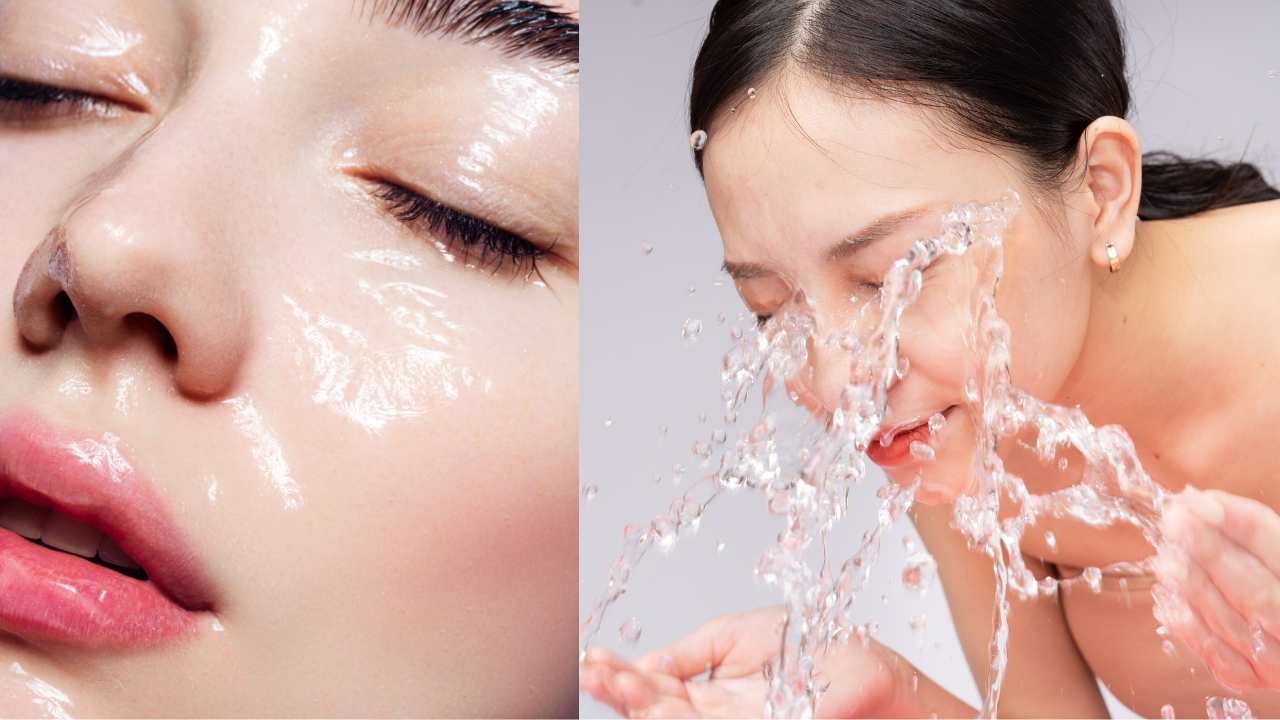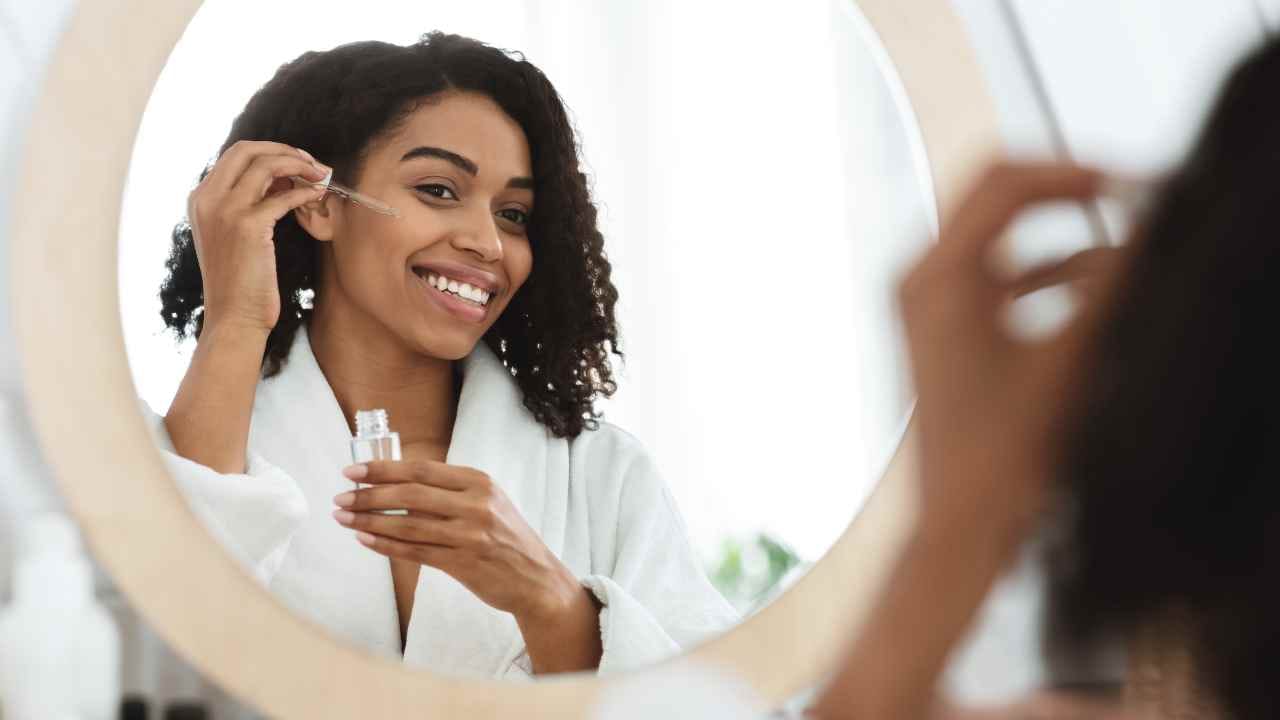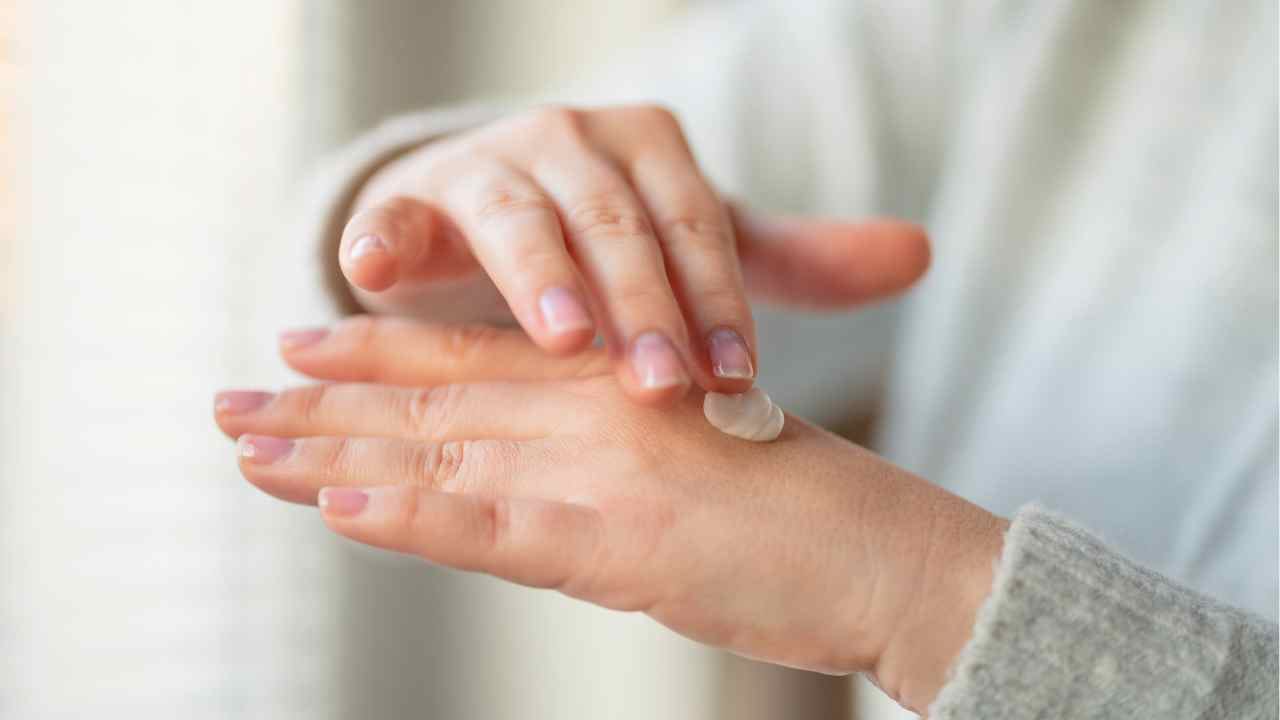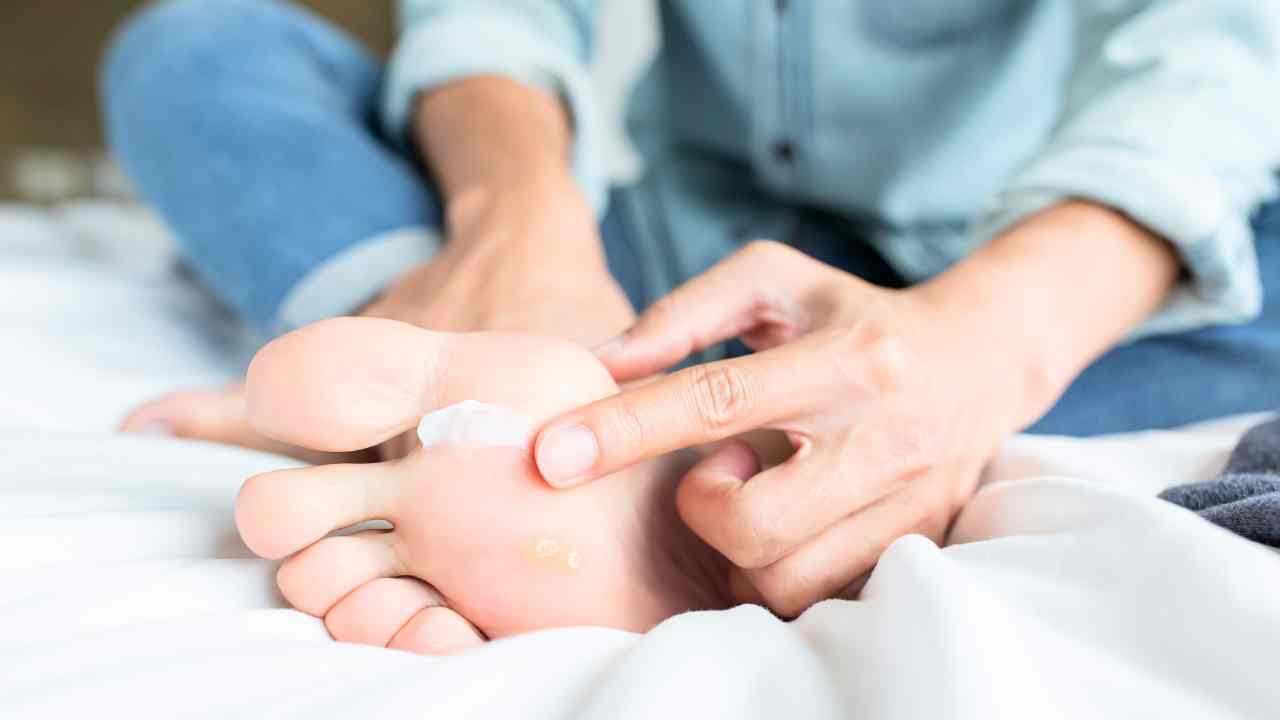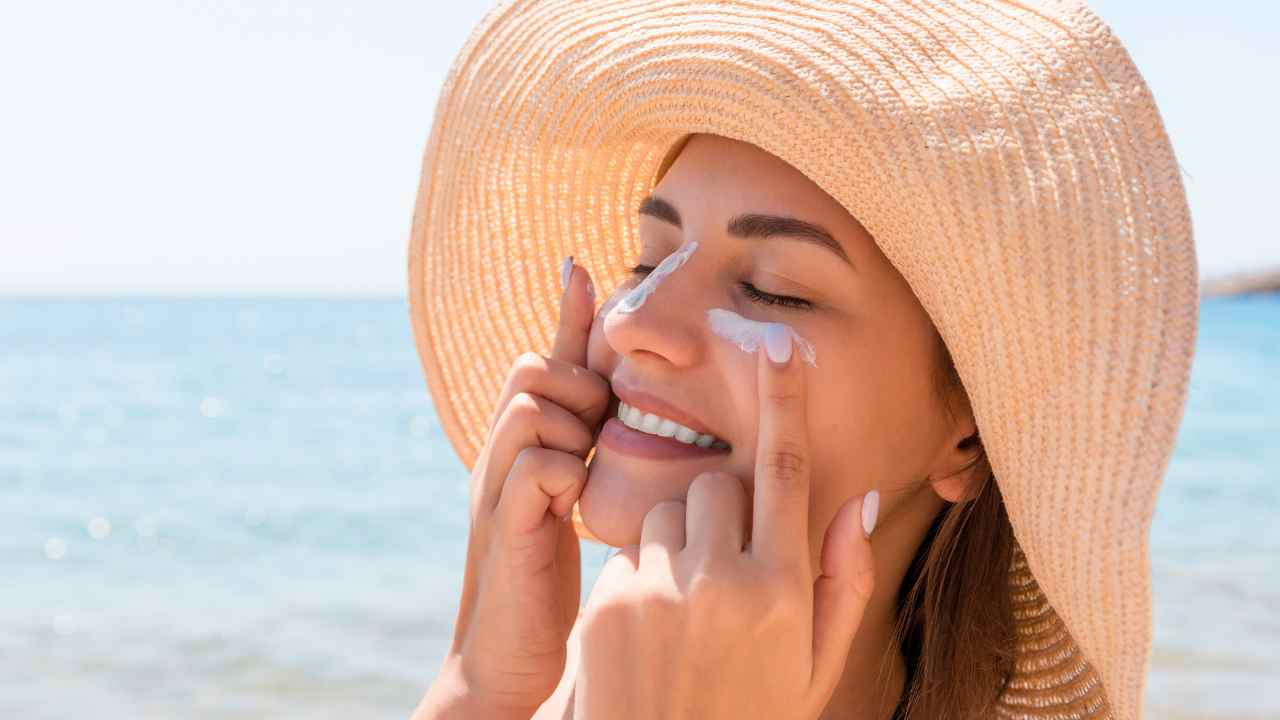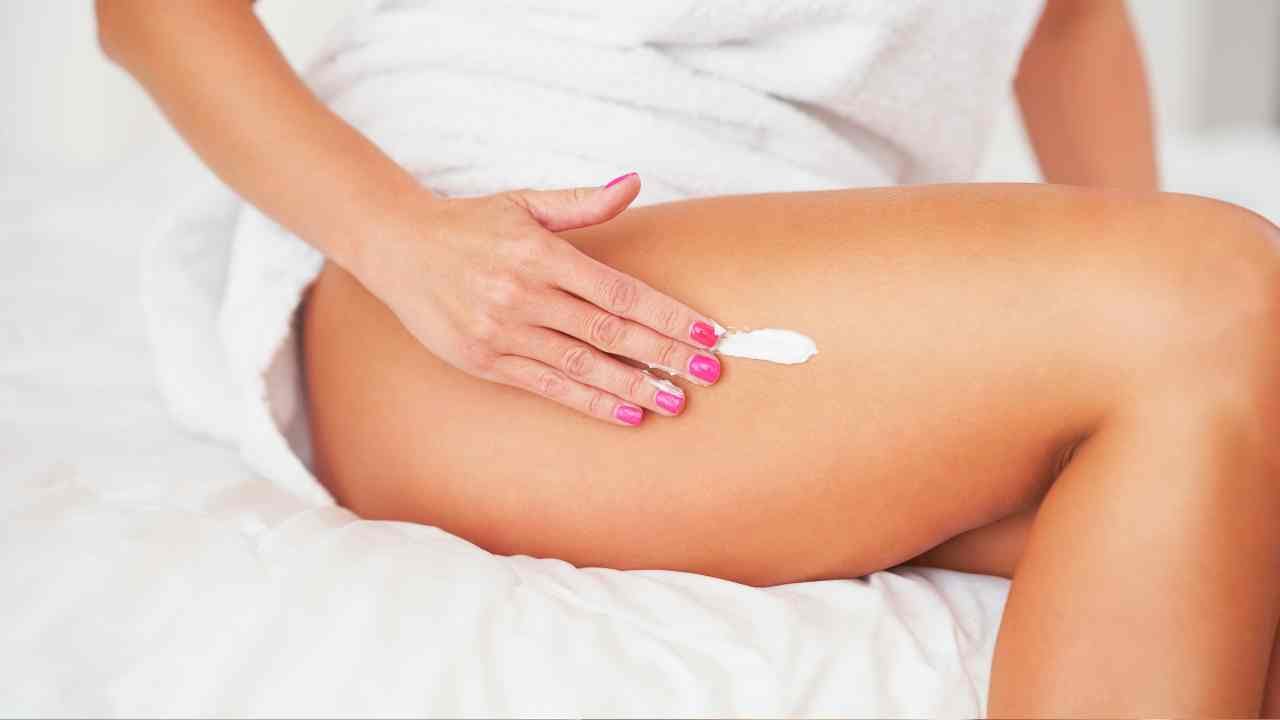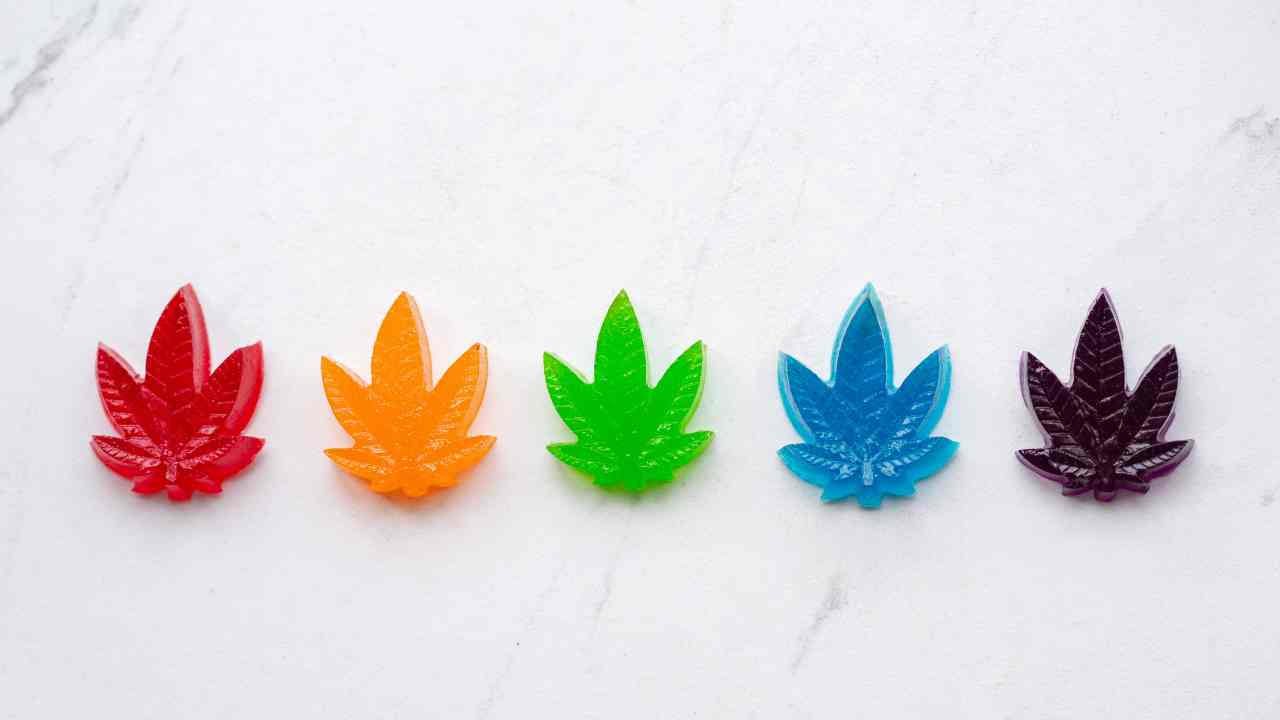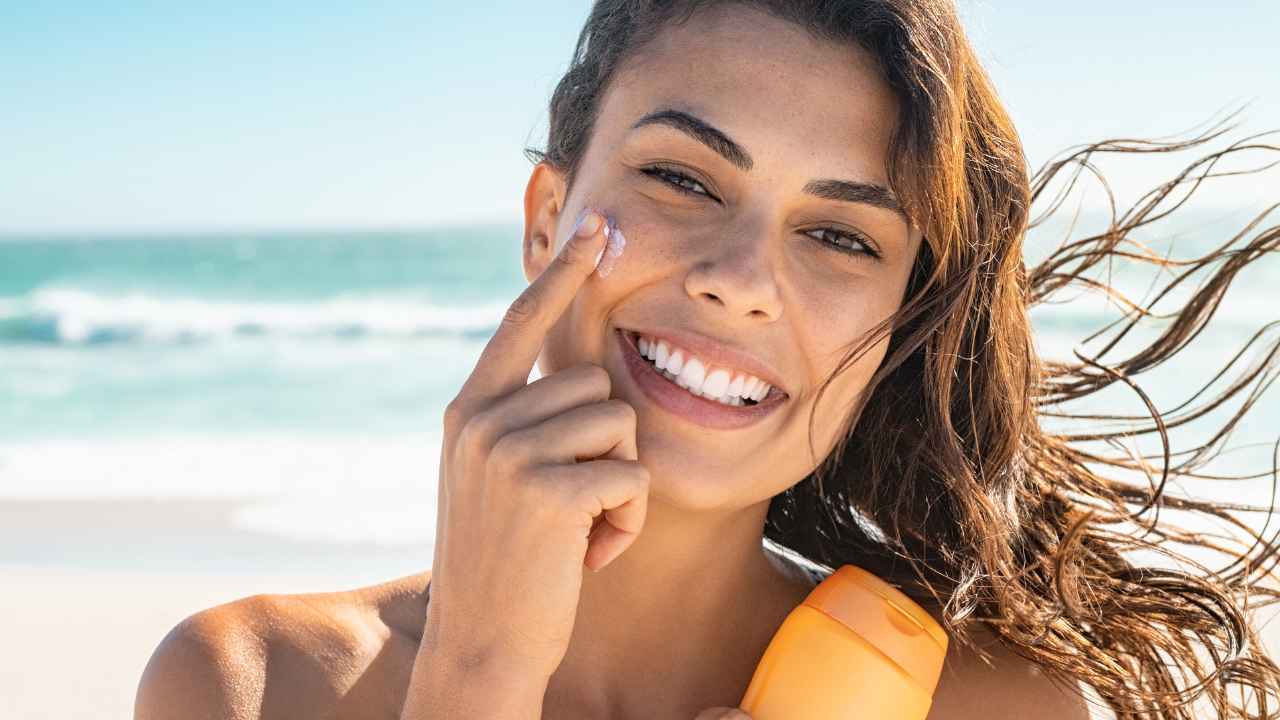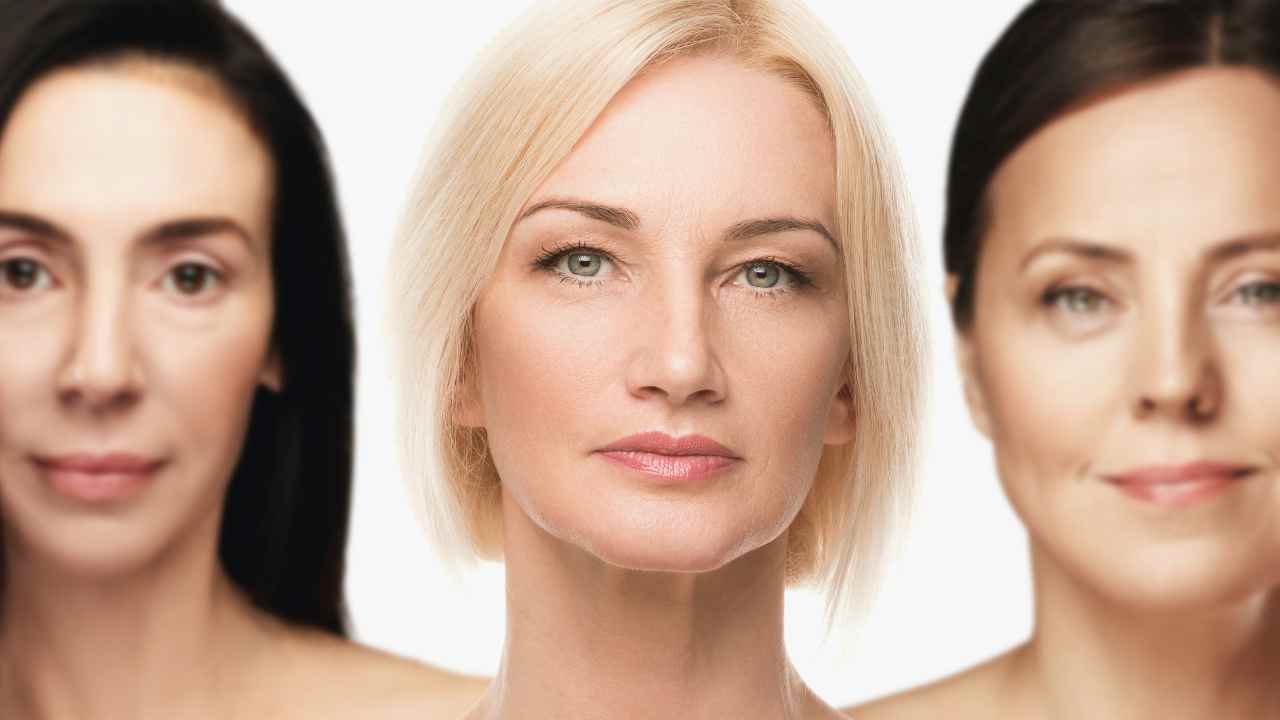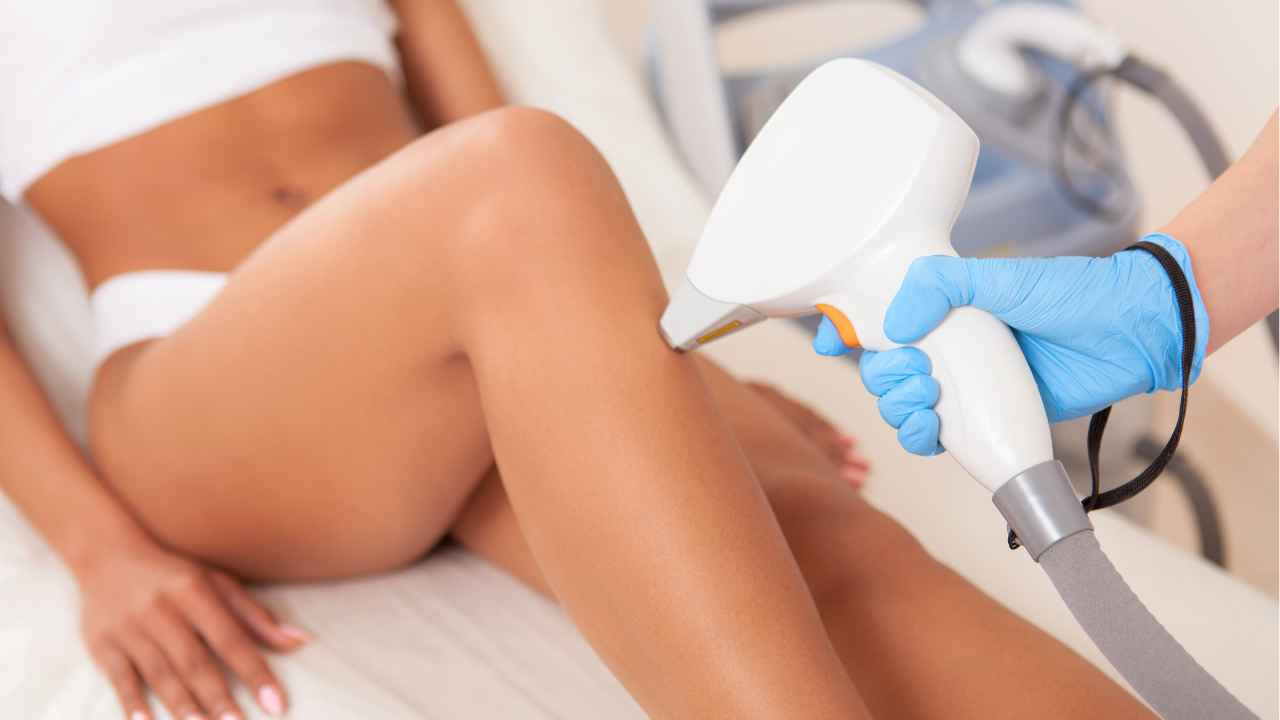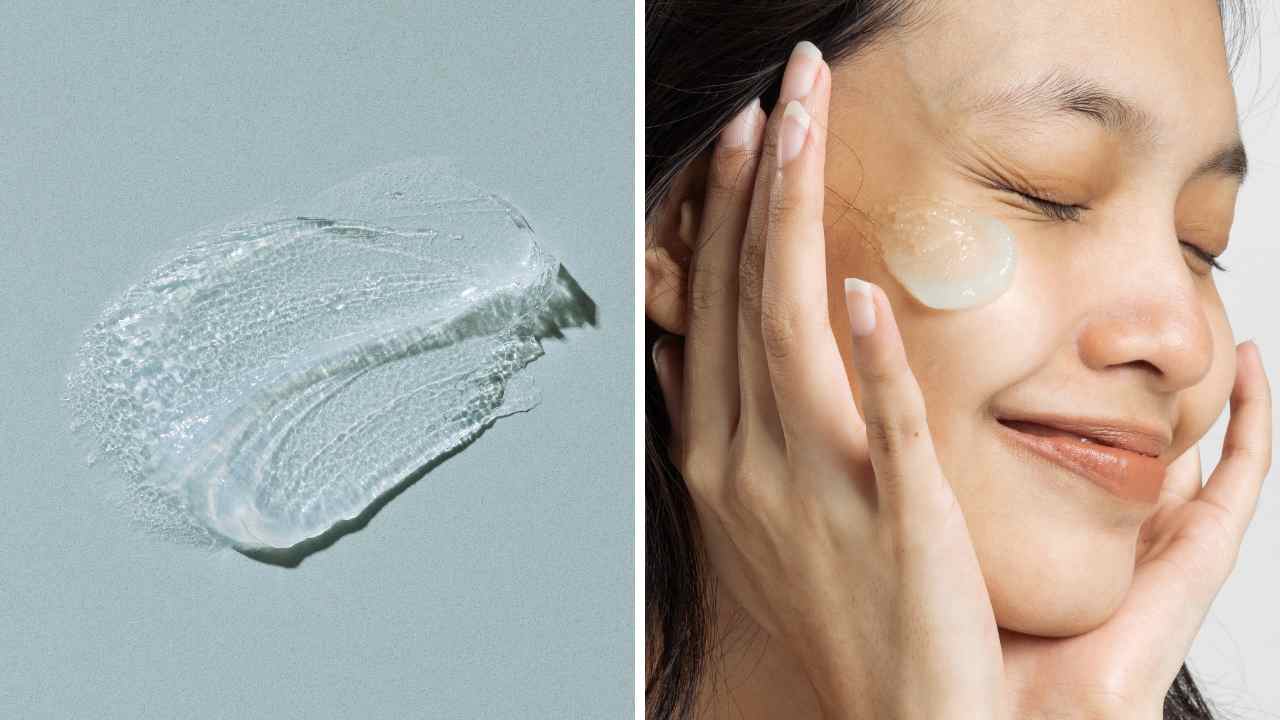
Does Aquaphor Clog Pores & Can You Use it for Slugging?
Ah, the age-old question: Does Aquaphor actually clog your pores? It's a debate that's been simmering for years among skincare fanatics and beauty experts alike, and it looks like we finally have an answer.
But before you jump to any conclusions, let’s get our facts straight. In this post, let's take an in-depth look at Aquaphor.
We'll look at what is is, what benefits it can provide, how to use it correctly, and find out if it really does clog pores or not?
You won't want to miss out on all the juicy details - so settle in and let's clear up this confusion once and for all!
Aquaphor and Your Skin
Oh, Aquaphor! It's amazing stuff, and for anyone who needs a quick primer - Aquaphor is an ointment developed by the Beiersdorf, Inc. laboratories in the U.S., which is the parent company of Eucerin.
It contains petrolatum (an occlusive moisturizer), panthenol (a skin protectant), and glycerin (which helps keep the skin hydrated).
Basically it's like a supercharged version of Vaseline. It creates a barrier around your skin to help trap moisture in dry areas as well as preventing outside irritants from getting in.
It's often used on minor injuries such as cuts and scrapes due to its healing properties, but many people use it for other uses too.
For example, Aquaphor can be used to moisturize chapped lips, soothe irritated skin, cracked hands, or any cracked skin during the colder months. Many makeup artists also swear by it-dabbing just a bit under foundation or under the eyes will provide extra hydration for your face without making you look oily or greasy.
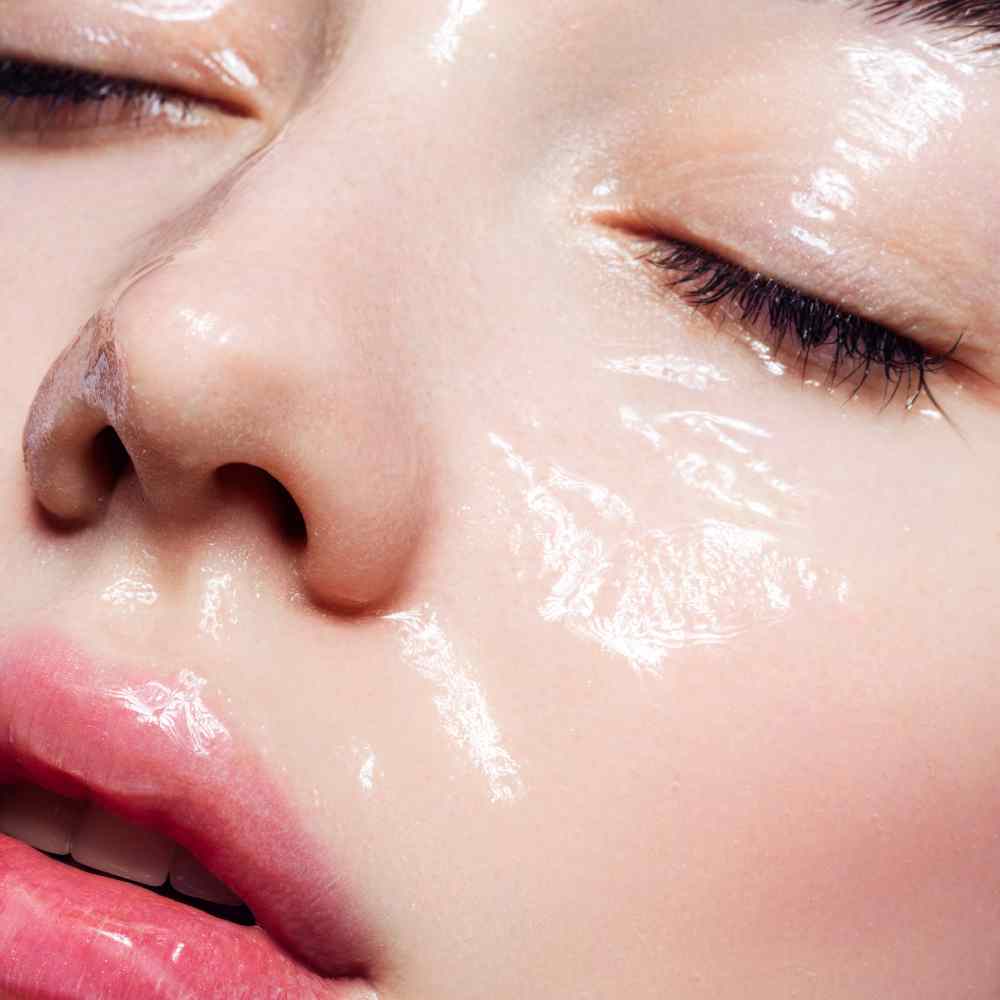
Aquaphor: Savior or Saboteur for Pores
One common concern associated with Aquaphor is the belief that it can clog your pores, leading to the development of acne or other skin issues. But, is this true? Once you understand its occlusive and comedogenic properties you'll see that just isn't the case. Allow us to explain.
Aquaphor & Occlusivity
Aquaphor's occlusive properties play a vital role in its effectiveness as a hydrating and protective ointment.
It forms a barrier on the skin's surface that helps to trap moisture and prevent water loss, resulting in improved hydration and enhanced healing of dry, irritated, or damaged skin.
Contrary to popular belief, this occlusive nature does not inherently lead to pore-clogging or acne formation.
Understanding Comedogenicity
Comedogenicity, also sometimes referred to as comedogenicity rating, is a term used to describe the tendency of a certain product or ingredient to clog pores and cause acne breakouts.
The range goes from 0 (for non-comedogenic) up to 5 (for highly comedogenic). This rating is often found on products such as facial cleansers, moisturizers, and makeup.
Some skincare products contain ingredients that have a higher comedogenic rating, meaning they have a greater tendency to clog your pores and potentially cause breakouts.
However, the comedogenic potential of a product can vary from person to person based on individual skin types and sensitivities.
Aquaphor & Comedogenicity
While Aquaphor healing ointment does contain occlusive ingredients, such as petrolatum and mineral oil, which have been associated with higher comedogenic ratings, it is essential to consider the overall formulation and individual skin characteristics.
Aquaphor's specific blend of ingredients and its non-comedogenic claim indicate that it is less likely to clog pores compared to other products with potentially pore-clogging ingredients.
Benefits of Aquaphor for the Skin
1. Intense Hydration: Aquaphor's ability to form a protective barrier on the skin's surface helps to lock in moisture, making it an excellent choice for dry or dehydrated skin. It can provide relief and nourishment to areas prone to dryness, such as the lips, elbows, and knees.
2. Wound Healing: Aquaphor's soothing and protective properties make it beneficial for promoting healing in minor cuts, burns, or abrasions. Its occlusive nature helps create an optimal environment for the skin's natural healing processes.
3. Lip Care: Aquaphor is a go-to product for many individuals seeking relief from chapped or dry lips. Its hydrating and protective properties can help restore moisture and protect the delicate skin of the lips from environmental factors.
4. Skin Barrier Support: The protective barrier formed by Aquaphor can help reinforce and strengthen the skin's natural barrier function. This can be especially beneficial for individuals with compromised or sensitive skin.
Your Skin Type & Why it Matters
When it comes to skincare, it is essential to consider individual factors that may influence how a product interacts with your skin. These factors include:
1. Skin Type: Different skin types, such as oily, dry, or combination skin, even normal skin, may react differently to skincare products. Individuals with naturally oily skin or acne-prone skin may want to patch-test Aquaphor on a small area before incorporating it into their skincare routine.
2. Sensitivities: Some individuals may be more sensitive or prone to allergies, which can affect their skin's reaction to certain ingredients. It's always a good idea to review the ingredient list and consult with a dermatologist if you have any concerns.
3. Usage and Frequency: The way you use Aquaphor can also impact its effects on your skin. Applying a thin layer and using it as needed, rather than excessively, can help minimize the potential for pore-clogging.
What is Slugging?
Slugging in skincare is a technique that’s been around for years, but has recently started to become popular again.
It’s all about layering your skincare routine with thick moisturizing products to act as a barrier against the environment and lock moisture into the skin.
As its name suggests, slugging involves slathering on layers of product. The term “slugging” comes from the idea that you are creating a protective layer over your skin like a slimy slug!
While this may sound unpleasant, the idea is to create an occlusive moisture seal which helps keep hydration locked in and environmental irritants out.
Plus, it gives you some added protection against pollutants and free radicals while providing an extra bit of nourishment for your skin.
Slugging generally consists of applying one or two thick moisturizers at night after cleansing—such as shea butter, glycerin-rich creams or facial oils—on top each other without rinsing off in between applications.
This combination creates a heavier barrier than most people would normally use during their regular day/night routine.
In addition to being great for dry or dehydrated skin types, slugging also offers many anti-aging benefits due to its ability to boost collagen production and increase circulation within the face muscles.
By locking any antioxidants or serums deep down into the layers of your skin, they will be more effective when combined with these moisturizers, making them last longer.
So, how do you slug? And can you use Aquaphor for this skincare technique? We're glad you asked!
Dr. Daniel Sugai, a famous dermatologist, explains the steps in this YouTube video:
Is Aquaphor Helping or Hurting Your Pores?
In short, Aquaphor does not clog your pores! Aquaphor is a versatile skincare ointment that provides intense hydration, promotes healing, and supports the skin's barrier function.
While concerns about pore-clogging may arise due to its occlusive nature, Aquaphor's specific formulation and non-comedogenic claim suggest that it is less likely to cause pore blockages and breakouts than many other moisturizers.
However, as with any skincare product, it's important to consider individual skin characteristics, perform patch tests to avoid skin irritation, and consult with a dermatologist if you have specific concerns.
Embrace the benefits of Aquaphor for nourished, protected, and hydrated skin, and enjoy the versatile uses this iconic healing ointment offers.



